Waking the dragon: Inside the growing movement for Welsh independence
The village sacrificed to give water to the English. Subversive graffiti springing up across the countryside. Gareth Bale. They’re all contributing to support for the Welsh nation to go it alone, reports Colin Drury

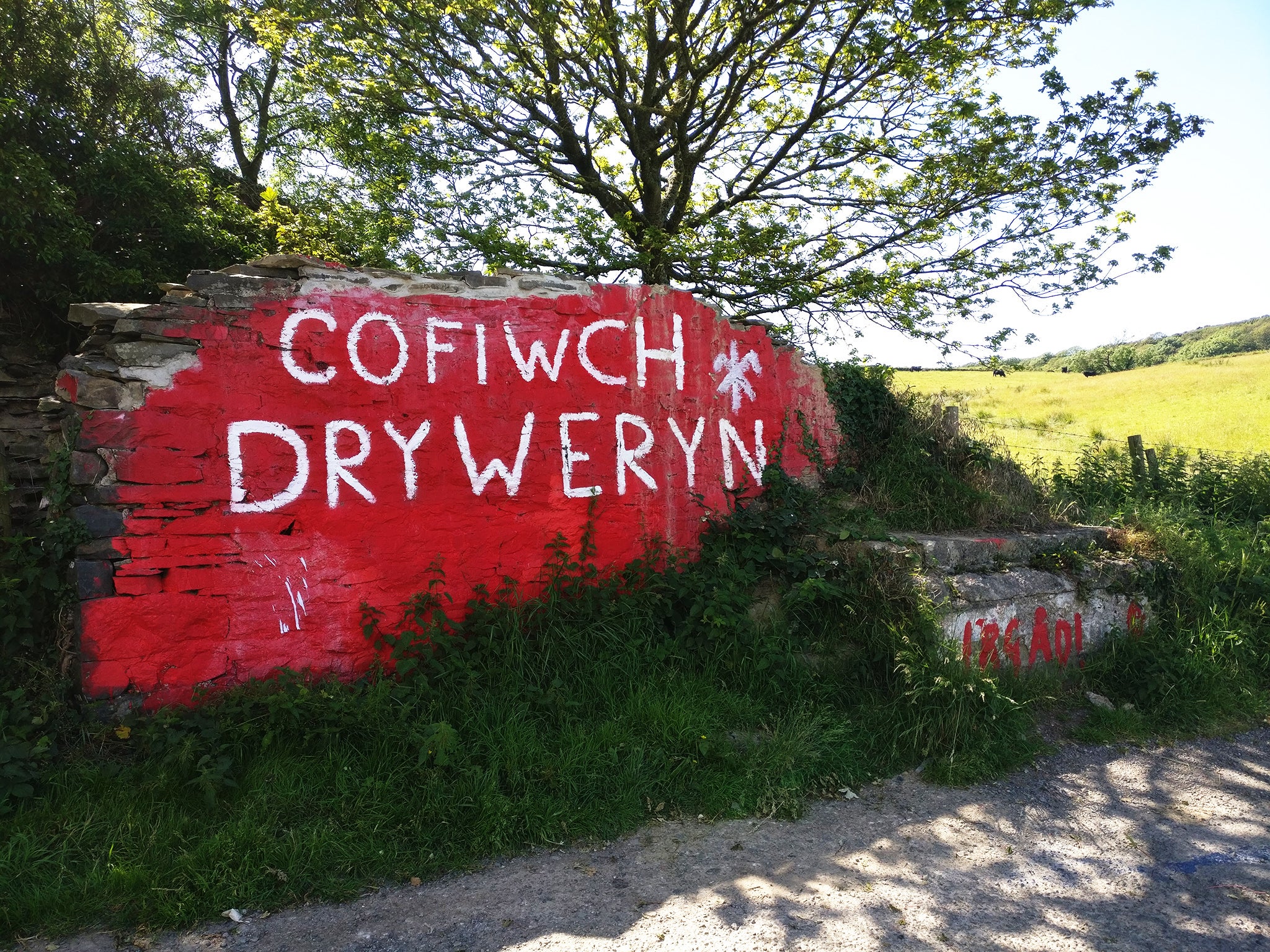
It was on a bitterly cold night in the winter of 1963 that Owain Williams committed an act of rebellion never before known in the UK. He detonated a bomb in the name of Welsh independence. He was in his twenties back then, idealistic and furious that a Meirionnydd village was to be drowned so a reservoir could be built for Liverpool, an English city 70 miles away.
“An entire community forced to leave their homes for something no one in Wales wanted or benefited from,” the 85-year-old, of Pwllheli, says today. “It was outrageous.”
Widespread protests had been held against the proposed flooding. Thousands travelled to Liverpool to picket the town hall. All but one Welsh MP voted against the plan in parliament. But the Tory government waved it through anyway. “It proved we had no democratic voice,” says Williams, now a local councillor. “All we had left was action.”
So, on the blizzard-hit night of 10 February, he and two accomplices, student Emyr Llewelyn and ex-RAF man John Jones, exploded a 5lb bomb at the site. The 3am blast – timed so that no one would be hurt – destroyed a crucial electrical transistor and halted construction of a major dam. Soon after, Williams and Jones blew up a pylon too.
The trio – calling themselves the Movement for the Defence of Wales – hoped the action would spark a campaign of civil disobedience that would kickstart a conversation about self-determination. But it did not. Police caught the three within weeks. Williams and Llewelyn were imprisoned for a year, while Jones was put on probation.
I felt, as a nation, we’d been in a slumber for 400 years of English rule and we needed waking up. But perhaps people weren’t ready
Significantly, while they were lauded by many as freedom fighters, no one joined their cause. No other bombs were planted. The village, Capel Celyn, was drowned as planned; the reservoir built. It remains in use today. “I felt, as a nation, we’d been in a slumber for 400 years of English rule and we needed waking up,” says Williams, who sits on Gwynedd County Council. “But perhaps people weren’t ready.”
The grandfather-of-10 is speaking to The Independent, 56 years on, in the nearby town of Caernarfon where, as we talk, 6,000 people are gathering for what will later be hailed as the largest pro-independence rally in the country’s modern history. As he looks at the flag-waving crowd, he smiles: “Maybe we’re ready now.”
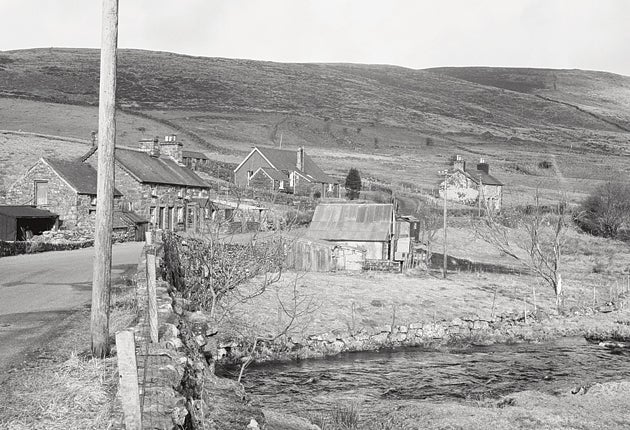
That support for Welsh independence is on the rise in 2019 seems indisputable. Brexit, Boris and the possible breakaway of Scotland, as well as grassroots social media campaigns, have all played their part in bringing self-determination – so-called indy-curiousness – to the fore. When Gordon Brown made headlines this month by saying the UK was “sleepwalking into oblivion”, many analysts seemed to think he was referring only to a possible Scottish separation. But he himself made explicit his belief that breakaway forces were growing in both Wales and Northern Ireland too.
Polls that have traditionally shown less than 10 per cent support for Cardiff rule are beginning to spike as high as 28. Several community councils have already pledged their support to the idea. Just last month Gwynedd County Council, run by Plaid Cymru, became the country’s first major authority to officially come out in favour of independence.
“Given the chaos in Westminster,” leader Dyfrig Siencyn said, “I think there’s a feeling that surely we can do better ourselves.”
In the Welsh Assembly, meanwhile, first minister Mark Drakeford, whose Labour Party officially rejects independence, has suggested his support for the union is not “unconditional”; while the new leader of Plaid Cymru, Adam Price, has for the first time in the party’s history made self-determination not just an aspiration but a timetabled target. Vote PC, he says, and Wales will have a referendum on becoming a sovereign state by 2030.
Crucially, anecdotal evidence suggests this rising support appears to be coming not just from its traditional heartlands – the Welsh-speaking north – but swathes of English-speaking areas too. “There is a conversation happening in a way that just wouldn’t have happened in past generations,” says Richard Wyn Jones, director of the Wales Governance Centre at Cardiff University. “Where that will lead, there are so many variables, it’s impossible to predict. But undeniably, this is being talked about and debated.”
At the rally in Caernarfon – a colourful inclusive march-and-speeches-affair – one attendee puts it another way. “Wales has been the kid living in the parent’s basement for the last four centuries,” Cennydd Tudor, a 30-year-old software developer from Neath, says. “It’s time we moved out. It’s time we made our own way in the world.”
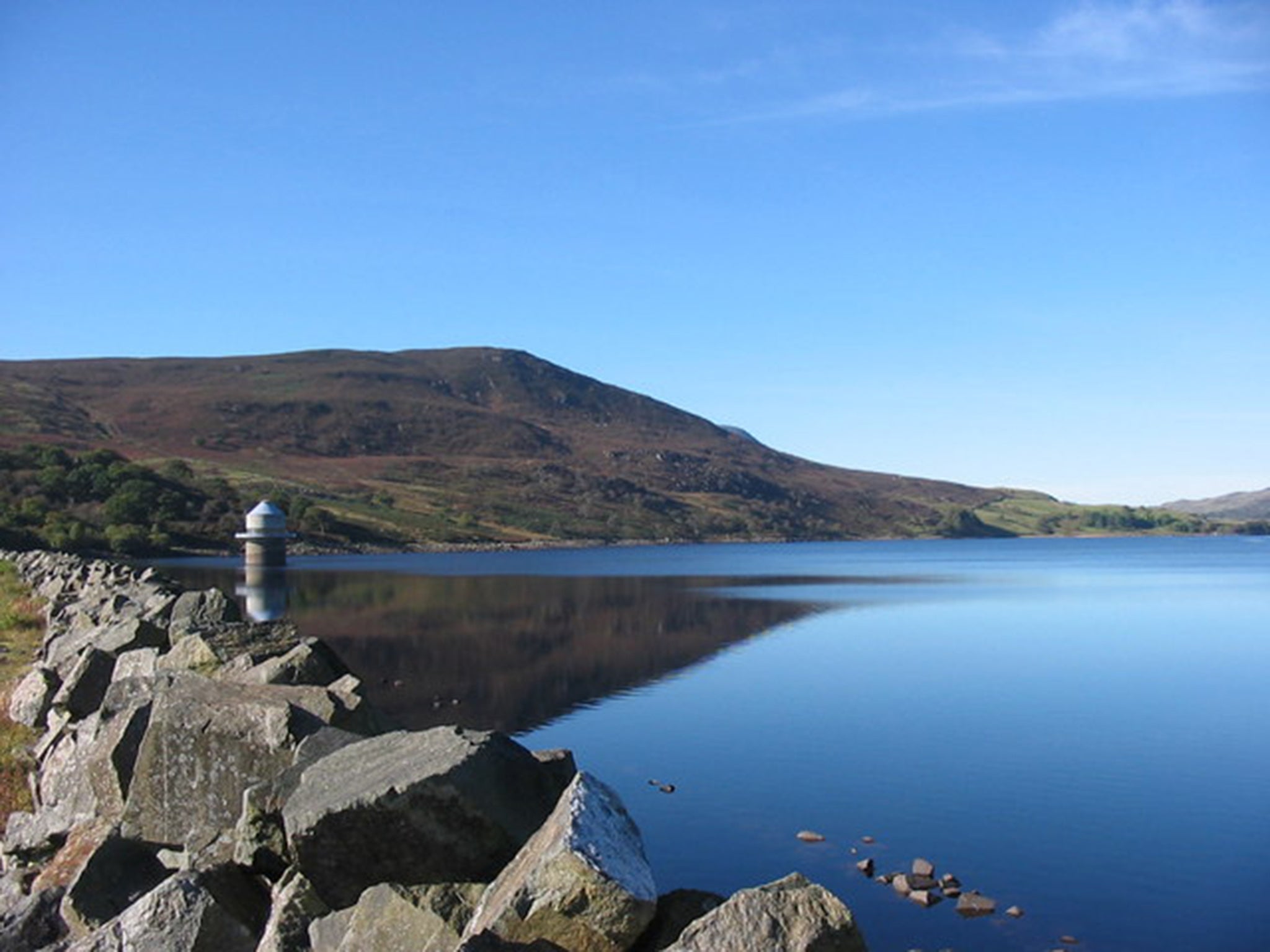
There is a joke in Welsh politics that there should be a statue of Margaret Thatcher outside the Senedd in Cardiff Bay. Counter-intuitive it may be, but without this most ferocious of unionist prime ministers it’s entirely possible Wales would never have voted for devolution in 1997 – and almost certainly would not now be talking about independence.
In 1979, when the country was first offered a referendum on having its own assembly, it rejected the proposal by 80 per cent to 20. Yet, by the time Tony Blair offered a similar deal 18 years later, opinion had shifted: this time the country voted, albeit by the slimmest of margins, in favour. What caused such a shift was, in no small part, down to Thatcher’s premiership.
“Her policies laid waste to our steel and coal mining industries – destroyed lives and communities – just as she did in northern England too,” says Sion Jobbins, founder and chair of the Yes Cymru campaign group and a co-organiser of the Caernarfon rally. “But here, this is a country that has never voted Tory in its history, so to have this destruction imposed, it was a real turning point for a lot of people. There was a shift in the national mood that will never go back.”
Indeed, it is probably no coincidence that Thatcher’s rule coincided with the so-called Meibion Glyndwr arson attacks where dozens of English-owned properties in Wales were set alight by protesters apparently concerned their communities were becoming holiday villages for the newly yuppie rich. Either way, says Jobbins, a similar change in national mood is happening again following nine years of UK-wide, Conservative-led austerity.
£13.7bn
more of public money spent on Wales than tax collected
Funding for public services here has been among the hardest hit in the UK. So deep has it gone that spending will not reach pre-austerity levels until 2023 at the earliest.
“The severity has been shocking,” says Jobbins, a 51-year-old educational coordinator of Aberystwyth who officially set up YC in 2016. “And, yet again, this is being forced on to people here by a government they did not vote for.”
Such cuts, indy supporters argue, follow decades of under-investment in infrastructure. Pertinently, they point out that this may be the only place in Europe where to get from the south to the north by train, you actually have to leave the country – going via Shrewsbury in England. There are no motorways here either, save a small stretch of the London-bound M4. Major projects, including the Swansea Bay tidal lagoon, have repeatedly been axed by Westminster – while schemes such as Crossrail and HS2 (which government reports show could actually harm Wales) have been given the green light.
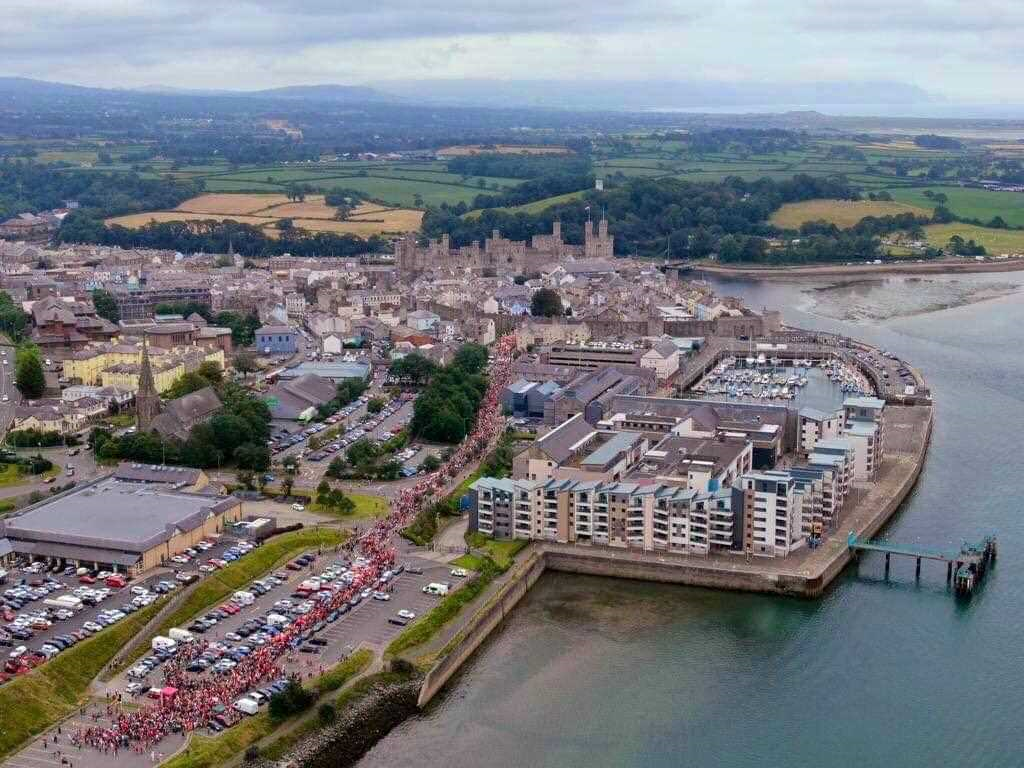
Now, the ascent of Boris Johnson appears to have further added to the perception that England is a foreign and self-interested land. “What has Wales to do with yet another Eton boy?” asks Jobbins. He thinks about it all for a moment and then presents a question which, he reckons, is becoming ever more pertinent. “People are wondering,” he says, “what exactly do we get out of this union?”
The answer, at its crudest, might be a vast amount of English money. Wales is a huge net beneficiary of UK spending. It takes from the Treasury pot a far greater amount than it ever puts in. Last year alone, there was £13.7bn more spent in Wales than tax collected. In last October’s budget, the country was promised another £550m on top of that.
This outlay isn’t always obvious. Much of it goes on invisible spends such as social security and healthcare as opposed to shining infrastructure projects. But only a political fantasist would ignore its significance in the context of sovereignty. The fact is that, without as-yet-unfound solutions, an independent Wales would be left with a fiscal black hole of potentially crippling proportions. “Years of austerity,” is how the economist Sir Tom Devine has previously summed it up.
Once again, it is in Caernarfon that this potential issue is somehow summed up best. Sat bemusedly watching the independence march from the beer patio of the Morgan Lloyd pub, in the town square, is Rhiannon Evans, a full-time mum from nearby Bangor. She is not anti-independence in principle but would vote to remain in the UK if it came to a referendum. What could campaigners do to change her mind, I ask, and receive an instant answer: “Promise me my taxes wouldn’t go up to pay for it.”

For Adam Price, leader of Plaid Cymru, such financial concerns are understandable – but they get the question the wrong way around. “Wales is a rich country that has been given an inheritance of poverty,” he says. “This was a raw-resource super-power but – in classic colonial terms, it has to be said – everything of value was taken out of the ground here and we received no legacy from that wealth. We are poor precisely because we have not been independent. Now, the way to prise ourselves out of that rut is to take the levers of power.”
His own economic plan for potential sovereignty remains vague but he insists there are ways to generate national finances without overly burdening the populace. Borrowing and attracting business by reducing corporation tax appear to be among his ideas. Meeting on the morning of the independence rally at Caernarfon’s Galeri centre, I ask why indy-curiousness appears to be on the rise.
“You can’t avoid the B-word,” replies the 50-year-old, who represents the Carmarthen East and Dinefwr constituency in the Welsh Assembly. “Brexit. The daily omnishambles that is Westminster is a big part of this. A typical conversation I’m having is, ‘I’ve never thought of myself as a nationalist but now…’ Indy-curious is quite an appropriate term because it’s like Welsh people are coming out for this idea.”
The theory is that although Wales itself voted Brexit, the reasons were not a dislike of the European Union per se but because people were looking for change. That change, counters Price, can be better achieved by becoming an independent nation within the EU. “The world is in flux because the status quo wasn’t delivering for people,” he says. “So, if you are progressive, you have to present your own ideas for a change project. Now, in Wales, I think the best answer to that is independence; and my feeling, when I’m out there talking to people, is that they are beginning to feel the same.”
He is one of those who turned to self-determination during the pit closures of the Eighties. His dad was a miner in the coal fields around Carmarthen and the teenage Price saw firsthand the devastation wrought by Thatcher’s shutdowns. When I repeat the joke about there being a statue of her outside the Senedd, he smiles tightly. “So the seagulls can…” – he appears to grasp for the right expression – “leave their mark on her,” he says.
Perhaps the biggest impetus in favour of Welsh self-rule, however, is not Brexit, Boris or years of perceived misrule and under-investment – but something entirely external: Scotland.
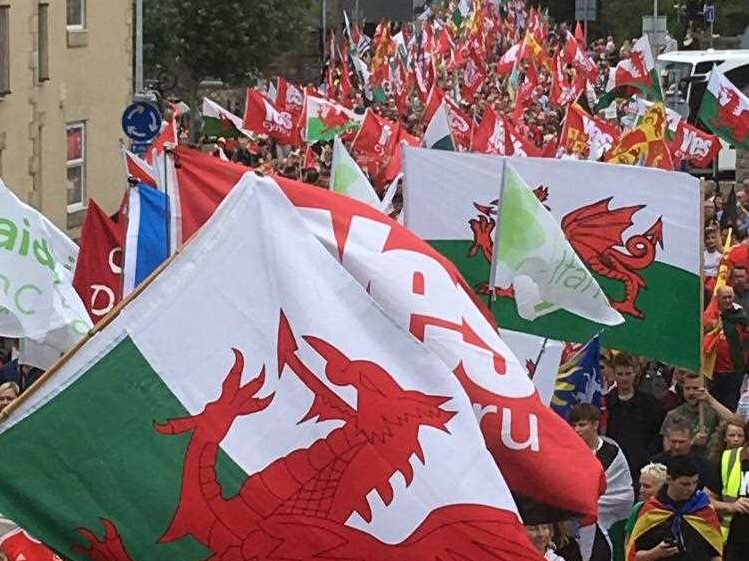
If Edinburgh breaks from the union, the idea that England and Wales will remain as a rump UK on the British mainland seems fanciful to Welsh independence supporters. “The entire architecture would have to be re-assessed,” says Price. “And I think that has to lead to independence because this it isn’t working for us.”
Equally significant perhaps is the fact that, while the 2014 Scottish independence referendum was fought and won on Scottish issues, the broader ideological battle – the right of a nation to control its own affairs – resonated across Wales too. Did the same not apply here, many asked.
Others found parallels in the SNP’s oft-repeated claims that an unshackled Scotland could emulate Europe’s other smaller nations, especially those of Scandinavia, in becoming both progressive and prosperous. If Norway, Finland and Denmark, all with populations of about 5 million, could become among the most admired countries on earth, there was no reason, the argument went, that Scotland (with roughly the same population) and Wales (3 million) could not do the same.
On social media, these lines of thought held succour and spread. A minority view they may have been – and remain – but, for the first time, those who held them had an effective way of communicating to large audiences. “I would say 2014 was the biggest recruiter for Welsh independence that there has probably ever been,” says Richard Wyn Jones. “It showed there was a way to embrace nationalist language while plausibly arguing that it’s about progressive social and constitutional change.”
It showed there was a way to embrace nationalist language while plausibly arguing that it’s about progressive social and constitutional change
On this basis, it may be worth adding a small coda. At present, it seems likely that history will judge David Cameron as the prime minister who caused unparalleled instability in modern Britain by holding the EU referendum without planning for the possible consequences. But he may yet be remembered for more besides: the man who, in holding a Scottish referendum he almost lost, sparked the disintegration of the United Kingdom itself.
Against this backdrop, the drowning of Capel Celyn in the Tryweryn valley has come, half a century on, back into the news once again. Graffiti sprayed on to a wall in Aberystwyth shortly after the village was flooded in 1965 has, in the intervening decades, come to be seen as a national landmark. “Cofiwch Dryweryn”, it says: Remember Tryweryn.
But twice in February this year the mural was vandalised. The response? Dozens of copycat signs have since been painted across Wales – both legally and otherwise – in an apparent show of spontaneous solidarity with the original message. They have appeared on walls and buildings, bridges and park benches from the island of Anglesey in the north to the Valleys of the south. Banners with it on have cropped up at football matches. A range of T-shirts has been created featuring the slogan. Many of them are being sported in Caernarfon.
Spending time among the crowd – a sea of red, green and white – reveals several more reasons for favouring independence, from a feeling that education needs improving to concerns over a creaking justice system neglected by Westminster.
Gareth Bale, too, gets a surprising number of mentions. “I think 2016 [when the Welsh football team reached the European Championship semi-finals] was important,” says Hywel Roberts, a 45-year-old construction worker from Llanrwst. “Wales is a country that has always lacked self-confidence. I think the success there gave us a real boost.”
It is a view that echoes the thinking of Adam Price (who says the Welsh struggle is with “our own sense of ability”), and Owain Williams, with his belief that the country has been slumbering. Before I leave Caernarfon, I ask the 85-year-old if he really believes Wales will leave the UK. I point out that despite the apparent growth of indy-curiousness, even the most generous polls still put support in a minority: many Welsh people, I suggest, simply feel British.
“I’ve fought for independence all my life for it and I’ll probably never see it myself,” he says. “But things are moving in the right direction. I’m sure it’s coming now. No nation will stay subjects forever. It’s always been just a matter of time.”
Join our commenting forum
Join thought-provoking conversations, follow other Independent readers and see their replies
Comments